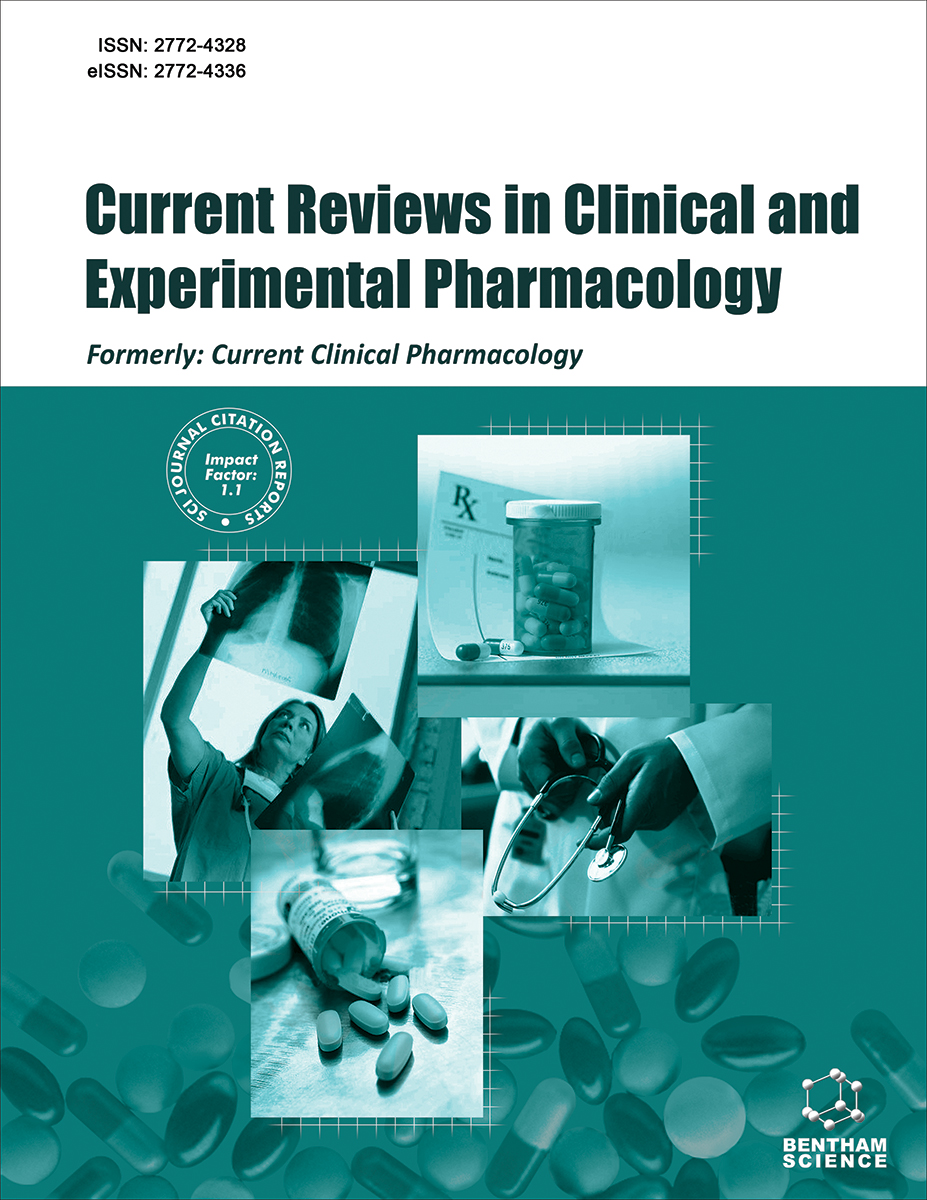
Full text loading...
The estimated worldwide number of individuals diagnosed with Parkinson's disease (PD) might exceed 10 million by 2040. However, the underlying evidence for PD is unclear. Recent research in Parkinson's disease has focused on exploring the gut-brain axis. Researchers have proposed that gut microbiota and gut dysbiosis contribute to peripheral inflammatory conditions. The involvement of gut pathogens and dysbiosis in peripheral inflammatory diseases has been hypothesized. In Parkinson's disease, the metabolic effects associated with gut dysbiosis accelerate nerve cell loss and damage. The microbiota-gut-brain axis (MGBA) establishes the relationship between the brain and the gut through the bidirectional vagus nerve. The MGBA promotes digestive system regulation and is responsible for maintaining metabolic homeostasis under regular conditions. Helicobacter pylori, Enterococcus faecalis, and Desulfovibrio are gut bacteria whose relative abundance has been associated with Parkinson's disease etiology and treatment efficacy. Numerous clinical and preclinical studies have substantiated the therapeutic potential of probiotics in treating Parkinson's disease via the gut-brain axis. The technique appears to have benefited from a combination of favorable conditions that led to its success. The present study investigated whether administering the probiotic can be a better therapeutic intervention for PD or not. Although widespread, no medicines exist to halt the neurodegenerative effects of PD. Some probiotics raised brain dopamine levels, slowed or stopped neuronal death, and improved motor function in models of toxin-induced and genetic PD in mice, rats, flies, and induced pluripotent stem cells. Probiotics control gut dysbiosis, thereby preventing neurodegeneration in PD via the gut-brain axis. Probiotics are used to control the principal dangers of oxidative stress and alpha-synuclein (α-synuclein) aggregation. Probiotics, which contain beneficial microorganisms such as Lactobacillus, Blautia, Roseburia, Lachnospiraceae, Prevotellaceae, and Akkermansia, may help alleviate PD symptoms and slow the disease's progression. Numerous probiotic bacteria can treat the neurodegenerative condition. As a result, this review paper focuses on the current understanding of the link between PD and gut microbiota while also providing comprehensive information about the neuroprotective function of probiotics.

Article metrics loading...

Full text loading...
References


Data & Media loading...

